Filter by
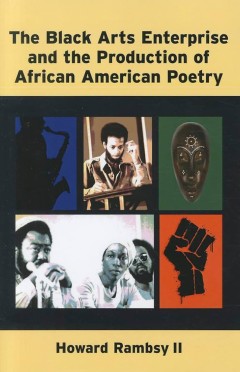
The Black Arts Enterprise and the Production of African American Poetry
The outpouring of creative expression known as the Black Arts Movement of the 1960s and 1970s spawned a burgeoning number of black-owned cultural outlets, including publishing houses, performance spaces, and galleries. Central to the movement were its poets, who in concert with editors, visual artists, critics, and fellow writers published a wide range of black verse and advanced new theories a…
- Edition
- -
- ISBN/ISSN
- 9780472117338
- Collation
- 198 halaman
- Series Title
- -
- Call Number
- 700 RAM b
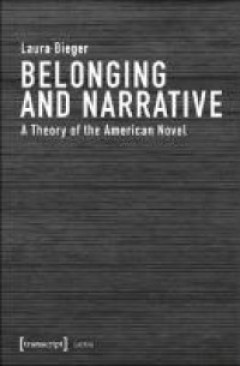
Belonging and Narrative : A Theory of the American Novel
Why did the novel become so popular in the past three centuries, and how did the American novel contribute to this trend? As a key provider of the narrative frames and formulas needed by modern individuals to give meaning and mooring to their lives. Drawing on phenomenological hermeneutics, human geography and social psychology, Laura Bieger contends that belonging is not a given; it is continu…
- Edition
- -
- ISBN/ISSN
- 9783839446003
- Collation
- -
- Series Title
- -
- Call Number
- 800 BIE b
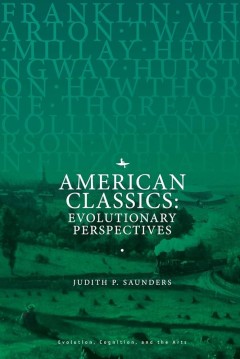
American Classics : Evolutionary Perspectives
This collection of essays offers evolutionary psychological analysis of selected works from the American literary tradition. Application of evolutionary theory to writing by Ben Franklin, Nathaniel Hawthorne, Mark Twain, Walt Whitman, Edith Wharton, F. Scot Fitzgerald, Zora Neal Hurston, and others creates an interdisciplinary framework for examining key textual features: plot, theme, tone, set…
- Edition
- -
- ISBN/ISSN
- 9781618117656
- Collation
- -
- Series Title
- Evolution, Cognition, and the Arts
- Call Number
- 800 SAU a
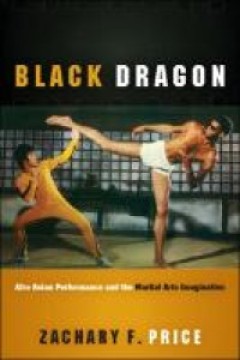
Black Dragon : Afro Asian Performance and the Martial Arts Imagination
In Black Dragon, Zachary F. Price illuminates martial arts as a site of knowledge exchange between Black, Asian, and Asian American people and cultures to offer new insights into the relationships among these groups. Drawing on case studies that include Kareem Abdul-Jabbar’s appearance in Bruce Lee’s film Game of Death, Ron Van Clief and the Black Panther Party for Self-Defense, the Wu-Tang…
- Edition
- -
- ISBN/ISSN
- 9780814214602
- Collation
- 240 halaman
- Series Title
- Black Performance and Cultural Criticism
- Call Number
- 700 PRI b
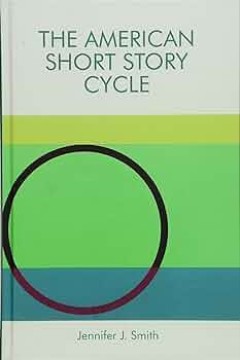
The American Short Story Cycle
The American Short Story Cycle shows the roots of modernism and postmodernism winds through the short story cycle. Reviewers ranging from the The New York Times to Amazon do not know what to call books like Jennifer Egan's A Visit from the Goon Squad or Jhumpa Lahiri's Unaccustomed Earth. Why do such popular and acclaimed books spark debates about what they are and how they should be read? The …
- Edition
- -
- ISBN/ISSN
- 9781474423946
- Collation
- 208 halaman
- Series Title
- -
- Call Number
- 800 SMI a
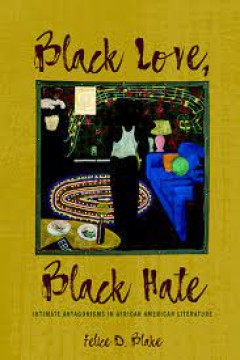
Black Love, Black Hate
Felice D. Blake's Black Love, Black Hate: Intimate Antagonisms in African American Literature highlights the pervasive representations of intraracial deceptions, cruelties, and contempt in Black literature. Literary criticism has tended to focus on Black solidarity and the ways that a racially linked fate has compelled Black people to counter notions of Black inferiority with unified notions of…
- Edition
- -
- ISBN/ISSN
- 9780814213865
- Collation
- -
- Series Title
- -
- Call Number
- 800 BLA b
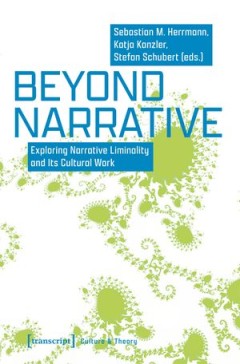
Beyond Narrative: Exploring Narrative Liminality and Its Cultural Work
This book calls for an investigation of the ›borderlands of narrativity‹ — the complex and culturally productive area where the symbolic form of narrative meets other symbolic logics, such as data(base), play, spectacle, or ritual. It opens up a conversation about the ›beyond‹ of narrative, about the myriad constellations in which narrativity interlaces with, rubs against, or morphs i…
- Edition
- -
- ISBN/ISSN
- 9783839461303
- Collation
- -
- Series Title
- -
- Call Number
- 302.23 BEY b

World Beats: Beat Generation Writing and the Worlding of U.S. Literature, Re-…
This fascinating book explores Beat Generation writing from a transnational perspective, using the concept of worlding to place Beat literature in conversation with a far-reaching network of cultural and political formations. Countering the charge that the Beats abroad were at best naïve tourists seeking exoticism for exoticism's sake, World Beats finds that these writers propelled a highly…
- Edition
- -
- ISBN/ISSN
- 9781611689297
- Collation
- -
- Series Title
- -
- Call Number
- -
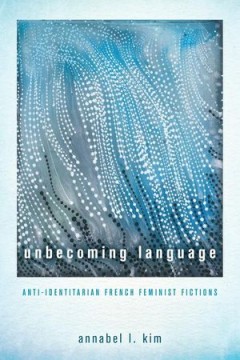
Unbecoming Language: Anti-identitarian French Feminist Fictions
In Unbecoming Language, Annabel L. Kim examines a corpus of French literature writing against difference. Inaugurated by Nathalie Sarraute and sustained in the work of Monique Wittig and Anne Garréta, this corpus highlights three generations of the twentieth and recent twenty-first centuries and the direct chain of influence between them. Kim considers these writers, and the story of literatur…
- Edition
- -
- ISBN/ISSN
- 9780814213841
- Collation
- -
- Series Title
- -
- Call Number
- -
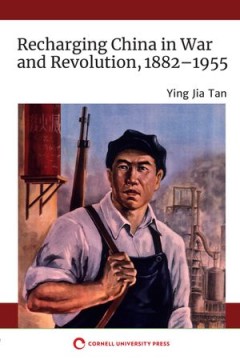
Sensational Internationalism: The Paris Commune and the Remapping of American…
In refocusing attention on the Paris Commune as a key event in American political and cultural memory, Sensational Internationalism radically changes our understanding of the relationship between France and the United States in the long nineteenth century.
- Edition
- -
- ISBN/ISSN
- 9781474411219
- Collation
- -
- Series Title
- -
- Call Number
- -
 Computer Science, Information & General Works
Computer Science, Information & General Works  Philosophy & Psychology
Philosophy & Psychology  Religion
Religion  Social Sciences
Social Sciences  Language
Language  Pure Science
Pure Science  Applied Sciences
Applied Sciences  Art & Recreation
Art & Recreation  Literature
Literature  History & Geography
History & Geography